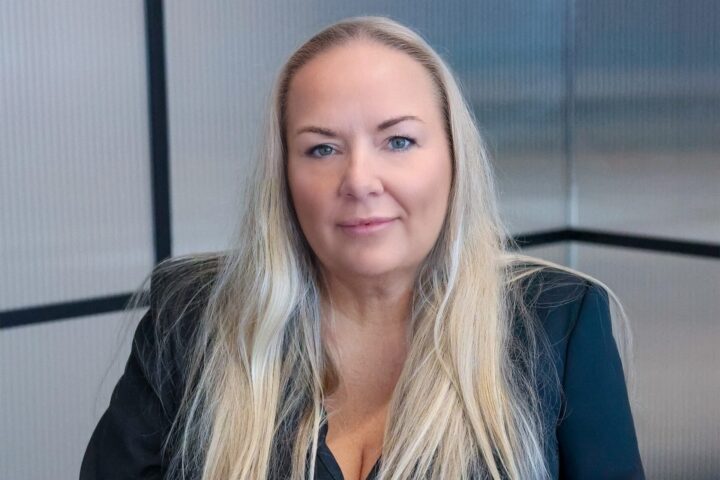Women are expected to bear the brunt of caring responsibilities, particularly for ageing parents, according to insights from TakingCare Personal Alarms.
One in three women said they would consider giving up work to care for the older person in their lives.
Women in the ‘sandwich generation’ are required to juggle care responsibilities with family life and jobs of their own, with further insights from TakingCare’s report, ‘Unpaid and under pressure: are Brits trapped caring for elderly parents?’ showing that one in two people saying they have no choice but to care for their elderly parents.
From 6th April 2024, the Government brought in the Carer’s Leave Act, offering employees the entitlement to unpaid leave to give or arrange care for a dependant who has: a physical or mental illness or injury that means they need care for more than three months; a disability as defined in the Equality Act 2010; or care needs because of old age.
The dependant does not have to be a family member and can be anyone who relies on them for care.
Employees are entitled to one week of leave within a 12-month period, taken as a continuous week or as individual days or half-days throughout the year.
However, according to Lauren Frake, elderly care expert at TakingCare Personal Alarms, more must be done to shine a light on the reality of elderly care in the UK.
Studies from the organisation revealed that only two in five people have actually had the conversation with their elderly loved ones about how they will be cared for when they become older and frailer.
Frake said: “We’re already aware of the so-called ‘Motherhood Penalty’, which explores the discrimination faced mothers in various aspects of the workplace, including career advancement, pay, and financial considerations such as pension contributions, but we want to raise awareness of the emerging ‘Daughter Penalty’, in response to some of our recent reports and insights.
“Many women are forced to take time more time off away from their work to care for their elderly loved ones – and with many families not even having the talk about future care plans or needs, many women could face increased emotional and financial stress if they aren’t prepared.
“The introduction of the Carer’s Leave Act is a positive step in the right direction. This act will undoubtedly provide employees with the reassurance that they have the right to take time off from work to care for their elderly relatives.
“However, there is still a large gap to fill in providing support to those balancing full-time employment and family life with the responsibility of caring for elderly family members, with many of these carers being women.
“One of the main issues that the UK is currently facing is that elderly care is seen as a taboo topic to many households, with nine out of ten people saying they have not discussed future care plans with their parents, and 50% of people aged 50+ saying they have not discussed what will happen when their parents become too frail to care for themselves.
“The findings of this survey are exactly why we launched our Have the Talk campaign – we want to get Britain talking more openly.
“Currently, there’s a real nervousness and reluctance to ask for help – especially as people get older.
“For many older people, it’s difficult to see roles being reversed when they have so often been the carer or even parental figure.
“Our campaign is about removing the stigma from these conversations and encouraging families to be open and honest with each other when it comes to planning for the future – the sooner, the better.”

















